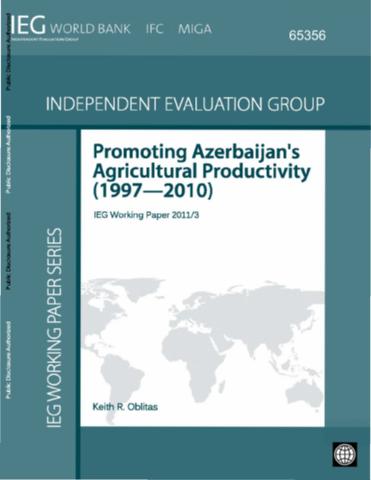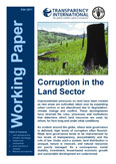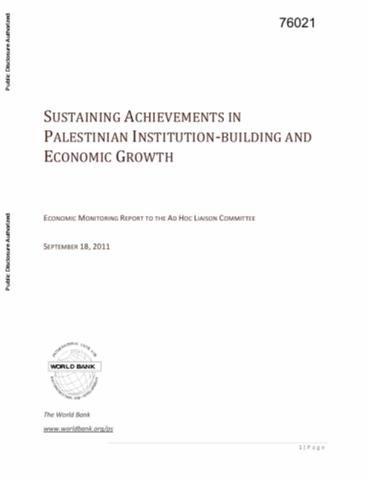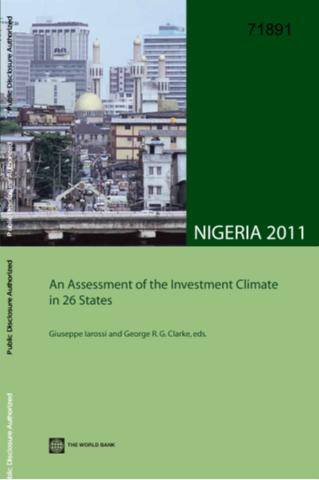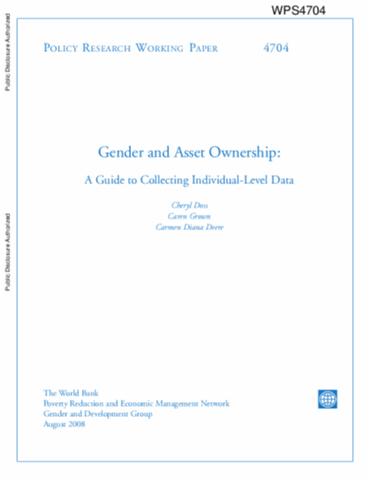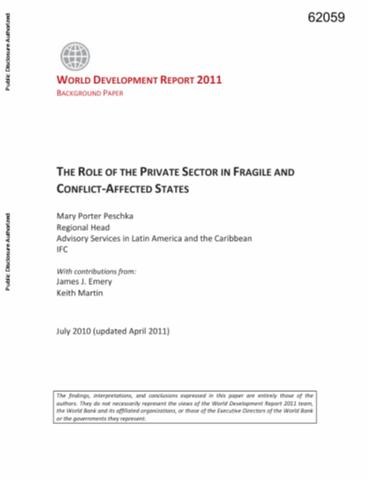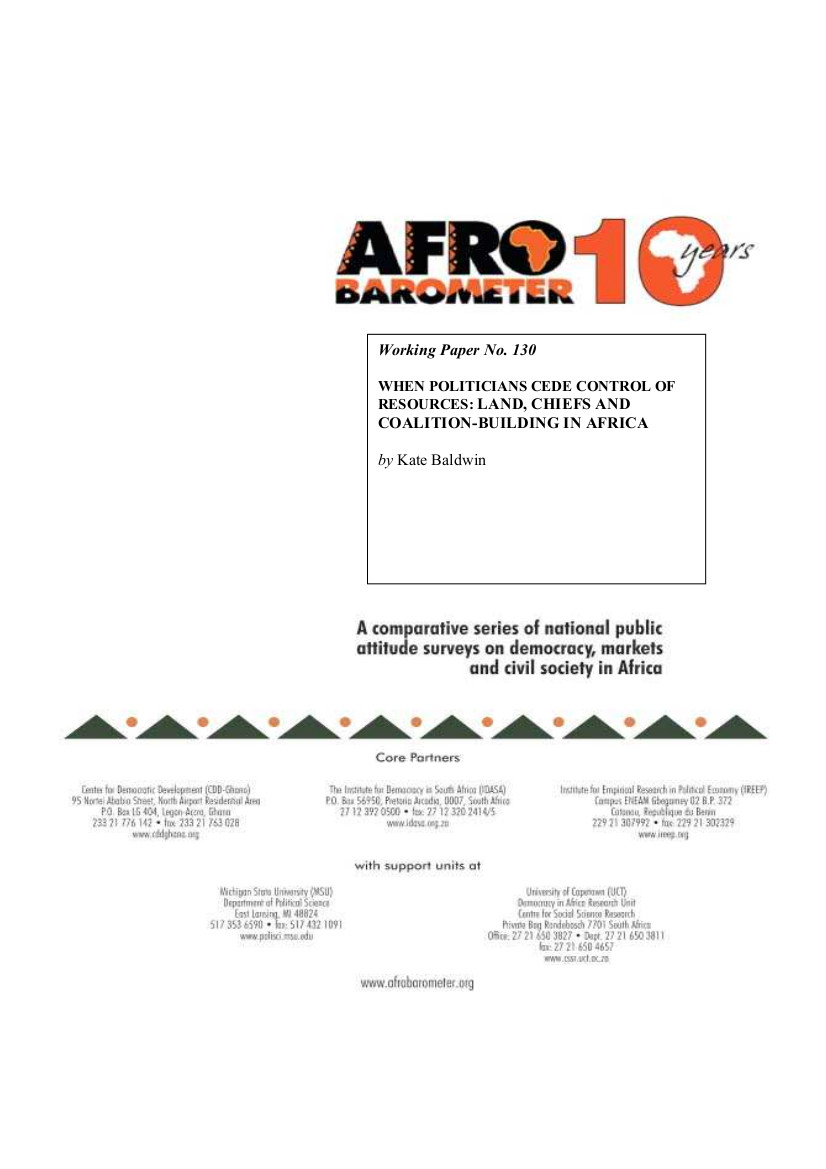Panduan audit investigatif korupsi di bidang kehutanan
Panduan audit investigatif ini disusun sebagai bagian dari upaya untuk mendorong keterpaduan pada tingkatan teknis operasional dalam aspek pemberantasan korupsi, pencucian uang dan kejahatan kehutanan. Panduan ini disusun agar audit investigatif dapat dilaksanakan dengan baik dan hasilnya sesuai dengan kualifikasi yang dibutuhkan penyelidik dan penyidik untuk melaksanakan penyelidikan dan penyidikan korupsi, pencucian uang dan kejahatan dalam bidang kehutanan.



